Lipid Profile Test
A lipid panel is used to check various levels of different fats in your blood. This is done to help determine your risk of heart disease, stroke, and similar health problems.

Understanding Lipid Profile Testing
A lipid test gives your doctor a clear picture of your overall heart health. It measures your total cholesterol and your low-density lipoprotein (LDL) cholesterol levels. LDL is often referred to as bad cholesterol as high levels can clog your arteries.
A lipid test also screens your high-density lipoprotein (HDL) cholesterol levels. This is commonly known as good cholesterol because it helps remove excess cholesterol from your bloodstream. Your Triglycerides levels are typically assessed too.
Benefits Of Getting A Lipid Blood Test
If you have a family history of heart-related diseases or high cholesterol, this test is highly recommended. It is also useful to have done if you are over 40 and undergoing a routine health check, or if you have conditions like diabetes, hypertension, or obesity. Bear in mind, this blood test is very important if you are on medications for high cholesterol and need monitoring. Talk to your doctor if you fall into one of these categories.

Possible Lifestyle Changes
Based on your test results, your doctor may suggest medications, regular exercise, and/or changes to your diet. To improve your health, try to reduce your intake of saturated fats (like butter and processed meats), trans fats (such as potato chips and fried foods), and cholesterol, while increasing your fiber intake.
Core Blood Markers
Your total cholesterol, LDL cholesterol, HDL cholesterol, and Triglycerides levels are analysed in a laboratory. This helps monitor and maintain your overall heart health.

PRICING

Lipid Profile Test
Initial Consultation: Free
Blood Draw Fee: This fee is in addition to the cost of all blood tests taken face-to-face at Healand Clinic: £30
Home Nurse Blood Draw Fee: If you opt to have a nurse visit your home to draw your blood sample, this is carried out via our partner service via our laboratory, which incurs a fee of £60

Pre-Test Information
Fasting for 9 to 12 hours is usually recommended before a lipid profile test. This means no food or drinks (except water) during the fasting period. This ensures that recent meals do not affect Triglyceride and LDL cholesterol levels.
Patients must be over the age of 18




WHY CHOOSE US
EXCELLENCE
In the heart of Leicester, a clinic renowned for its outstanding results and safety, guided by expert aestheticians.
INNOVATION
Our commitment to innovative beauty therapies ensures access to the latest and most effective aesthetic treatments.
PATIENT COMMITMENT
We tailor each treatment to your skin needs through a thorough consultation & address every concern.

TESTIMONIALS
HEALAND - ONE WHO HEALS OR SAVES; A SAVIOUR

Before we book you in for any treatments at Healand Clinic, we will take you through a full consultation.
This process, conducted in person, or on video, with one of our expert team members is designed to ensure you get the right treatment for you, and that any questions you may have are answered in full before the process begins.
Book a consultation with us using the button below, or pop into the clinic for a chat during our opening hours.
BOOK A CONSULTATION

NEWS



FAQs
What is a lipid profile test used for?
What are considered normal lipid levels?
Normal levels are generally considered to be less than 200 mg/dL for total cholesterol, less than 100 mg/dL for LDL cholesterol, 40 mg/dL or higher for men, 50 mg/dL or higher for women for HDL cholesterol, and less than 150 mg/dL for Triglycerides.
What factors can influence my lipid levels?
A high intake of saturated fats and sugars can elevate your cholesterol and Triglyceride levels. Not to mention, medical conditions like diabetes, hypothyroidism, and liver or kidney diseases can have an impact on your results too.
How often should I get a lipid panel?
For adults aged 20 and older, checking your lipid profile every 4 to 6 years is recommended as part of routine health screening. However, individuals with risk factors (family history of heart disease, diabetes, or high blood pressure) may need more frequent testing.
What happens if my results are abnormal?
If your results indicate abnormal lipid levels, your healthcare provider will discuss potential causes and recommend interventions. This may include dietary changes, increased physical activity, weight management, or medications to help lower your cholesterol. Regular follow-up tests may also be required to help monitor your progress.


